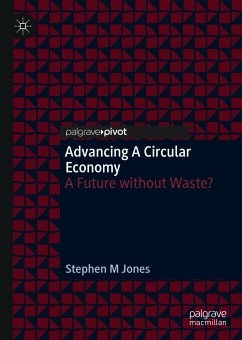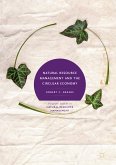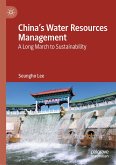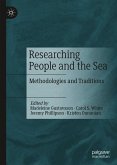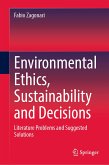This book explores an escalating modern-day crisis; managing waste in a sustainable way. The central question posed is whether advancing a circular economy provides a way to shift waste management practices towards more sustainable approaches. It begins with an in-depth analysis of the nature of waste management and the prevailing crisis, followed by a discussion about the circular economy in terms of its requirements and the challenges of implementation. The book then moves on to propose a framework that sets out how to establish the policy changes needed to advance a circular approach to waste management. Next, the book outlines complex issues in multilevel systems for advancing a circular economy through examining the contemporary situation in Belgium and Norway. It ends by bringing together the issues revealed in these case studies and draws insights for governments advocating circular approaches. The book will be a valuable resource to scholars, students, practitioners and policy makers interested in developing more sustainable methods of waste management.
Stephen M Jones is a senior lecturer in public sector management in the Business School at the University of Queensland, Australia.
¿
Stephen M Jones is a senior lecturer in public sector management in the Business School at the University of Queensland, Australia.
¿
Dieser Download kann aus rechtlichen Gründen nur mit Rechnungsadresse in A, B, BG, CY, CZ, D, DK, EW, E, FIN, F, GR, HR, H, IRL, I, LT, L, LR, M, NL, PL, P, R, S, SLO, SK ausgeliefert werden.
"The book is written through the logic of 'asking, thinking then solving', an approach that enhances the reader's interest and gets them involved. It is recommended for anyone who cares about a waste-free future, and it opens up minds on this issue. The book is an excellent work of comparative politics with a substantial comparative analysis of waste management policies in most OECD countries and detailed and well-reasoned data." (Yushi Xiao and Jie Wu, Acta Politica, Vol. 58 (2), 2023)

